Japan Discovery How Japanese people think “Okage-sama”and”bochibochi”
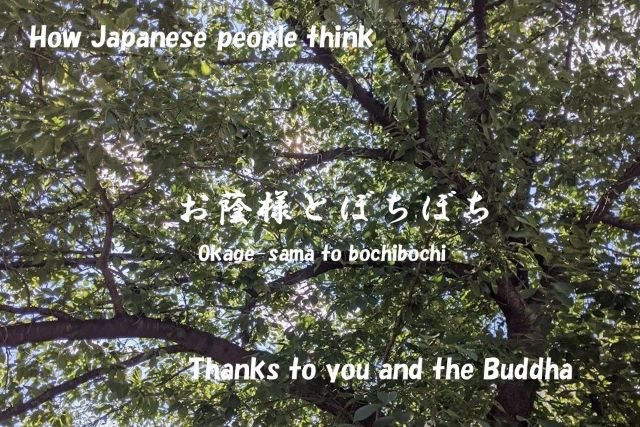
“Oshigoto no choshi wa do dekka (How is work going?)"
“Okagesama de bochibochi desu wa (I’m doing okay)"
This is a conversation between merchants in Osaka, known as a commercial city. The meaning is somewhat clear, but if you think about it carefully, it’s a difficult conversation to understand. First of all, “bochibochi" is difficult to understand. Who does “Okage-sama" refer to?
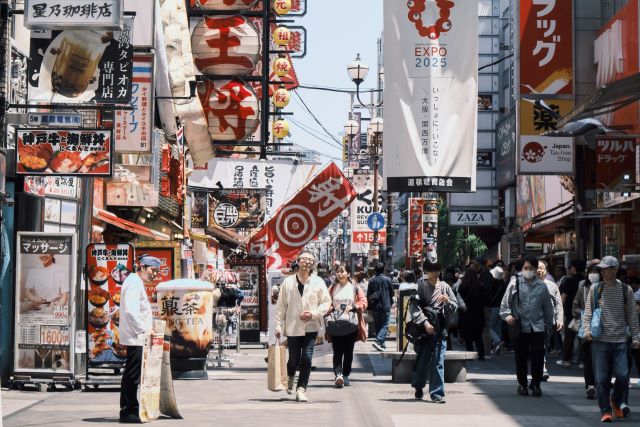
Osaka people’s conversation
“Bochibochi shuppatsu no jikan desse (It’s time to leave bochibochi )"
“Sō dekka, bochibochi ikimahyoka(Is that so, it take to bochibochi)"
“Bochibochi" is a word often used in the Kansai region. It has two main meanings. The first is the “bochibochi" in “bochibochi hajime yoka." This means “soon." “Bochibochi hajime yoka" means “Shall we start soon?"
“Bochibochi ikimahyoka" changes its meaning depending on the situation. It can mean either “Shall we take a leisurely walk?" or “Shall we leave soon?" Which meaning it has depends on the situation.
“Kodomo-san, doshitaharimasuka" (How are your children?)
“Okagesan de bochibochi yarimasu wa (Okagesan de, I’m living a bochibochi )"
The second usage is like this. In this case, it means “pretty good" or “not bad." It’s a very vague response. The meaning of this word is hard for Japanese people outside of Osaka to understand, but I’ll explain it next.
This “bochibochi" has no etymology, and it seems to have started being used in the middle of the Edo period.
“Bochibochi no imi wa oto no hibiki de kantan ni wakarimasu na(The meaning of bochibochi is easy to understand by the sound of the word)"
“wakaru no wa kansaijin dakedesu(Only people from Kansai can understand)"
“erai sumi mahen”(I’m very sorry)
The strange word bochibochi
“Oshobai no hou, doudekka (How is business going?)"
“Bochibochi desu na (It’s bochiboch)"
Now, the more difficult “bochibochi". Osaka people use “bochibochi" whether business is going well or not. It makes the facts vague.
You can only judge which is true by the other person’s facial expression.The important thing here is that the other person thinks it’s troublesome to explain in detail.
The other person don’t want to give a proper answer. But he want to avoid strongly refusing and creating an unpleasant atmosphere. In such a case, you use the vague expression “bochibochi". Therefore, you should not pursue it deeply.
You should not say “Bochibochi to iudekka" (Even if you say it’s all right, how well is it going?) “Nande, anata ni sore o iwanaito ikenai no ya." (Why do I have to tell you that?) It can become awkward, so be careful.It’s best to reply with something like “That’s good," and move on to the next topic.
In Osaka, “bochibochi" is a greeting. It’s the same as saying “It’s a nice day today." It may be close to the English “I’m fine."
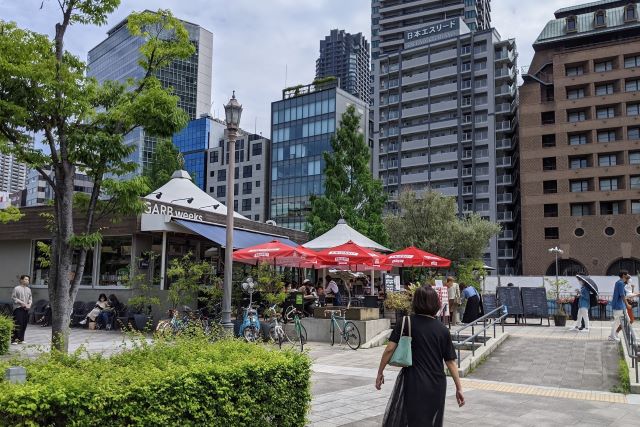
Okagesama is a Buddhist word
”Okage-sama no setsumei ni bochibochi’ ikimashoka”
Now, let’s slowly move on (bochibochi)to the next explanation of “Okage-sama". “Okage-sama" is not a person’s name, nor is it the shadow that light creates. This word is often used in business situations and has become an idiom.
“Thank you very much. Okagesama, the project is progressing smoothly."
“Okagesama, we were able to get the contract."
In this case, “okagesama" means “thanks to you." The person is grateful that the job was successful because of “your cooperation and support.."
When used in business like this, the object of gratitude is clear. However, in everyday conversation, it is different. The object of gratitude is often unclear.
“Kodomo-san, dōshita haru no (Are your children doing well?)"
“Okage-san de genki ni yattemasu wa (Okage-san, I am doing well.)"
“Taichō wa dō? (How are you feeling?)"
“Okage-san de, chōshi wa eedesu (Okage-san, I am doing well.)"
In this case, the person is not thanking the person who asked the question. Who exactly are they thanking?
It is Buddha. Thanks to Buddha’s support (protection), the child is living a healthy life. I am grateful to the Buddha for helping me stay healthy (protected) through his support.
Most Japanese people, especially young people, use this phrase without any thought of Buddhism, but it actually comes from Buddhism. So why do we say “thanks to" instead of “Buddha’s protection"?
The great shadow of the Buddha
“Okagesama" is written in kanji as “お陰様". In Buddhist teachings, the world is covered with the wisdom and mercy of the Buddha. People live happily in the shadow of wisdom and mercy. People say “Okagesama" to express their gratitude for the shadow. Over time, it came to be used as a word of thanks for the kindness and cooperation of others.
People cannot live alone. We live with the help of family, society, nature, the environment, and everything else. It is said that Japanese people do not have faith, but they have faith unconsciously. Recently, more and more people are complaining on social media. However, the true nature of Japanese people is to live with gratitude for many things. “Okagesama" is a word that symbolizes that.
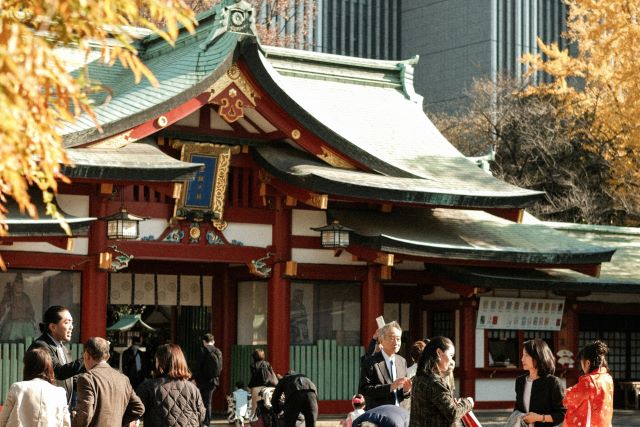
Osaka people will be happy if you use “bochibochi"
Today, conversations like this are being exchanged in the streets of Osaka.
“Maido" (Hello)"
`Dō dekka, mōkari makka(How is business going? Are your profits increasing?)"
“Okage-san de, bochibochi yattemasu wa (Thanks to the Buddha’s blessing, I’m doing okay)"
“Son’na, aseran demo yoroshiyan. Bochibochi ikimasho ya(There’s no need to rush. Let’s take it easy)"
”How about you"
“Ibochibochi denna."
If a Japanese person says to you, “How about you?", reply in Japanese with “bochibochi denna." Osakans will be happy. However, this subtle feeling may not be understood in Tokyo.
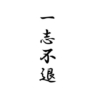
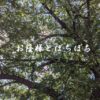

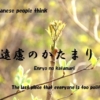
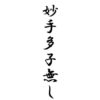
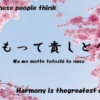
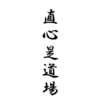
ディスカッション
コメント一覧
まだ、コメントがありません